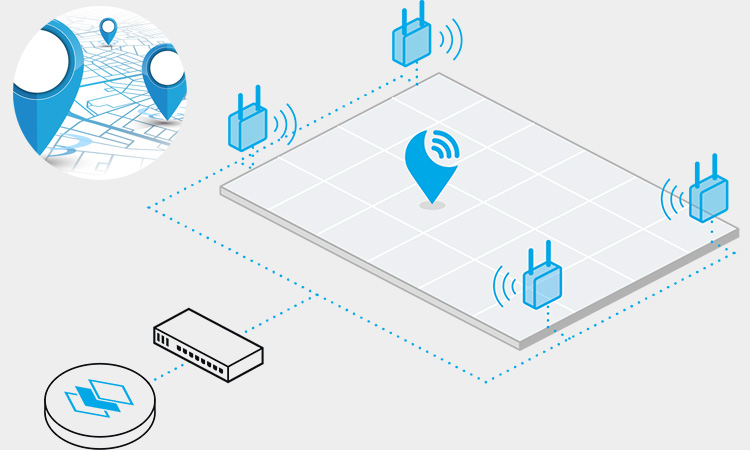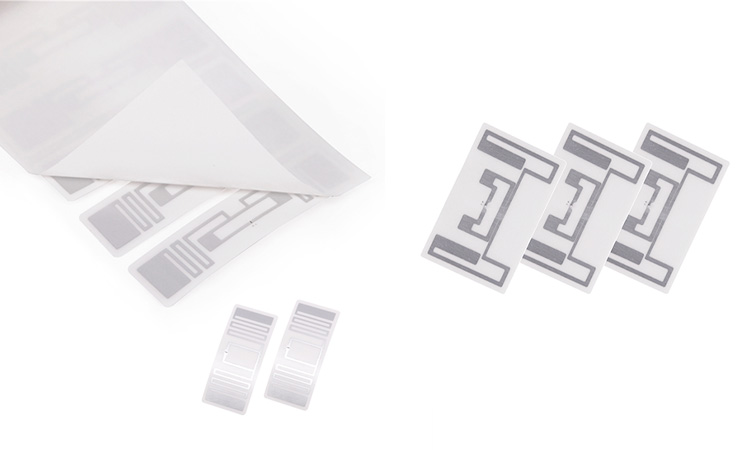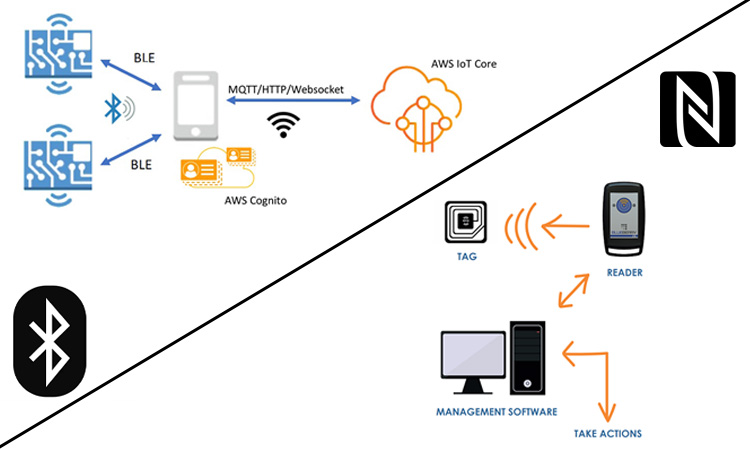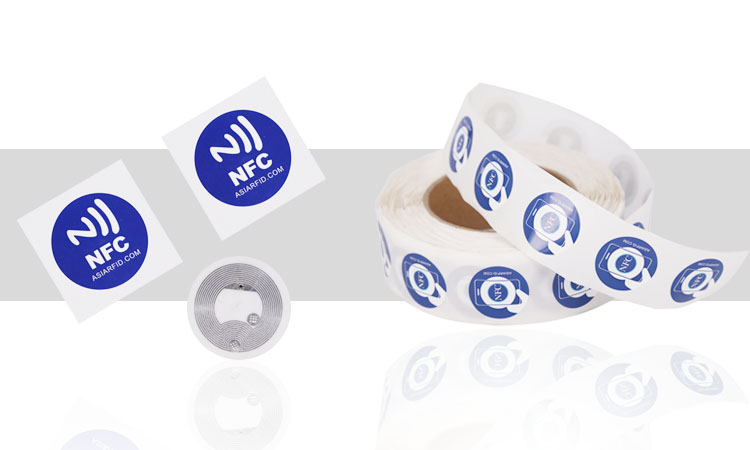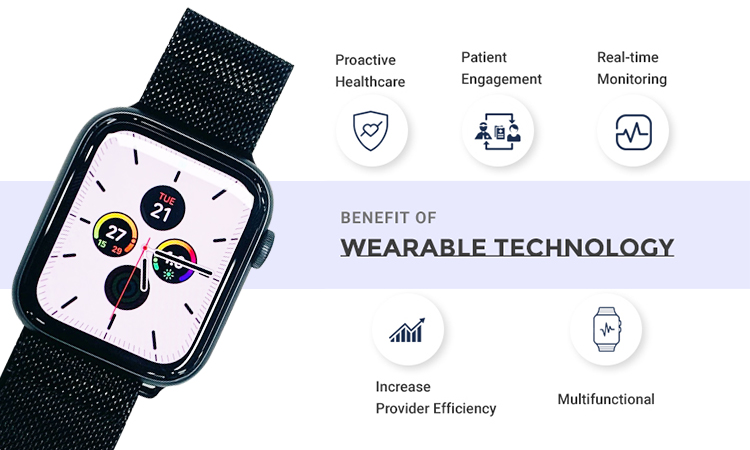RFID Security is crucial to modern business operations, as it protects valuable data and assets. RFID technology allows for the tracking and identification of objects through RFID tags, which are attached to items and transmit unique identifying information. However, this technology also presents potential security risks, making it important for businesses to implement effective security measures to safeguard their assets and information.
What is RFID Security?
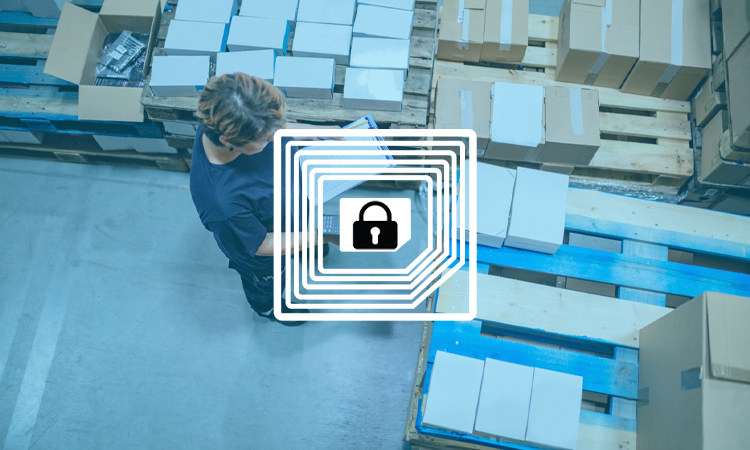
RFID security refers to the measures and protocols to protect against unauthorized access or interference with RFID (radio-frequency identification) technology. RFID uses radio waves to transmit information between devices and is commonly used in applications such as security and access control, tracking and inventory management, and payment systems.
Its measures may include using secure protocols and encryption, implementing access controls and authentication, regularly updating and maintaining RFID systems, and monitoring for any signs of unauthorized access or tampering. These measures help to protect against potential security threats such as data interception or cloning of RFID tags.
How does RFID Security Sysetm Work?
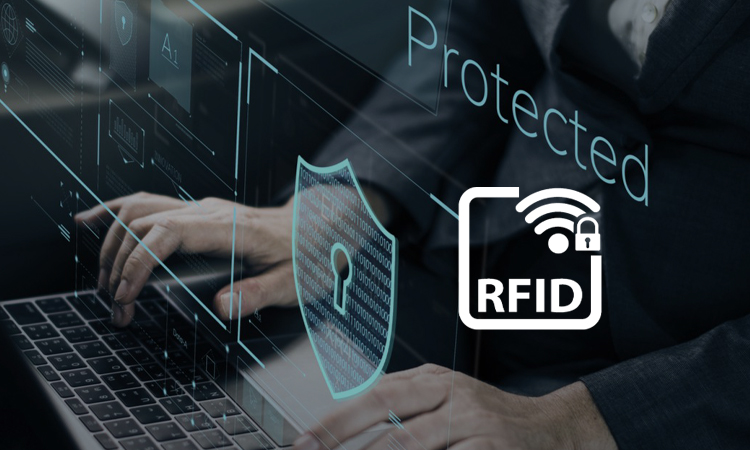
RFID security sysetm works by implementing measures to protect the information stored on RFID tags and prevent unauthorized access. This can include encrypting the data on the RFID tags, using password protection, or other methods to prevent unauthorized individuals from accessing the information. In addition, RFID systems can be designed with security in mind, using tamper-resistant hardware and secure communication protocols to protect against tampering and unauthorized access.
The Benefits of RFID Security Access Control System

Radio-frequency identification (RFID) is a technology that uses radio waves to identify and track objects. RFID is a popular technology because it has many benefits over traditional identification and tracking methods, such as barcodes.
Some of the benefits of RFID security access control system include the following:
- Ease of use: RFID technology is very easy to use. Unlike barcodes, which require line-of-sight scanning, RFID tags can be read through objects, making it possible to scan items without having to remove them from a bag or container.
- Increased accuracy: RFID technology is more accurate than barcodes because it uses unique identification numbers for each tag rather than relying on visual recognition. RFID systems are less likely to experience errors or mistakes, which can be costly in terms of time and resources.
- Enhanced security: RFID technology offers enhanced security compared to other identification and tracking methods. RFID tags can be designed to be read-only, which means that they cannot be altered or copied. Additionally, RFID systems can be configured to require a password or other authentication method before allowing access to sensitive information.
- Greater convenience: RFID technology allows for greater convenience in various settings. For example, RFID technology is used in contactless payment systems, which allow customers to make purchases by simply waving their RFID-enabled credit card near a reader. This eliminates the need to enter a PIN or sign a receipt, making the payment process faster and more efficient.
- Improved inventory management: RFID technology can improve inventory management in warehouses and other large-scale operations. RFID systems can automatically track the movement and location of items, providing real-time information that can help managers make better-informed decisions about inventory levels and stock replenishment.
Overall, RFID technology offers many security, accuracy, convenience, and efficiency benefits. It is popular for various applications, including access control, asset tracking, and supply chain management.
RFID Security Threats

Despite its many benefits, RFID technology also presents potential security threats. Hackers can potentially gain access to sensitive information transmitted by RFID tags, and RFID tags can be easily cloned or counterfeited. Additionally, RFID signals can be disrupted or jammed, leading to potential data loss or false readings.
Other possible threats to RFID security:
- Cloning of RFID tags: This is when a malicious individual can duplicate the unique identifier of an RFID tag, allowing them to access secure areas or data without proper authorization.
- Skimming: This is when an attacker uses a device to remotely scan and capture the data from RFID tags without the knowledge or consent of the owner.
- Interference or jamming: An attacker uses a device to disrupt the communication between RFID tags and readers, causing the system to malfunction or become inaccessible.
- Physical destruction: An attacker physically damages or destroys RFID tags or readers, rendering the system inoperable.
- Spoofing: An attacker creates fake RFID tags or modifies the data on existing tags to gain access to secure areas or data.
- Eavesdropping: An attacker can intercept and listen to the communication between RFID tags and readers, potentially allowing them to access sensitive information.
Implementing RFID Security Threats and Basic Solutions

To maximize RFID security threats and basic solutions, businesses should implement a range of security measures. These can include encrypting RFID signals, using secure authentication protocols, and regularly updating and maintaining RFID systems. It is also important to properly train employees on RFID security protocols and regularly assess and monitor the security of RFID systems.
- Implement authentication protocols to verify the identity of RFID tags and prevent unauthorized access.
- Encrypt all data transmitted between RFID tags and readers to prevent interception and unauthorized access.
- Implement access control measures to restrict access to RFID systems and data to authorized personnel only.
- Implement regular security audits and assessments to identify and address vulnerabilities in RFID systems.
- Implement physical security measures to prevent unauthorized access to RFID systems and equipment, such as locks and security cameras.
- Implement regular maintenance and updates to RFID systems to ensure their security and functionality.
- Provide education and training to staff on the importance of RFID security measures and how to implement them properly.
- Develop and implement policies and procedures for handling and disposing RFID tags and equipment to prevent unauthorized access.
- Implement monitoring and alert systems to detect and respond to potential security threats in real time.
- Work with reputable and experienced vendors and partners to ensure the security of RFID systems and data.
The Importance of RFID Security
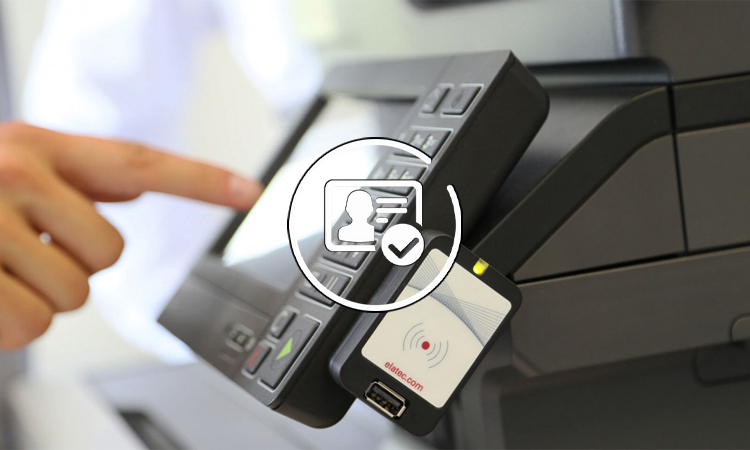
RFID (Radio-Frequency Identification) technology is widely used in various industries and applications, such as inventory tracking, access control, and payment systems. This technology allows for the efficient and convenient identification and tracking of objects and individuals.
However, with the increased usage of RFID technology comes the need for enhanced security measures. RFID security is crucial to prevent unauthorized access, data breaches, and identity theft.
Here are some reasons why RFID security issues and solutions is important:
- Protects sensitive information: RFID technology stores and transmits sensitive information, such as personal identification details, financial information, and access credentials. Without proper security measures, unauthorized individuals can easily access and exploit this information.
- Prevents unauthorized access: RFID technology is often used in access control systems, such as buildings, offices, and vehicles. Individuals can gain unauthorized access to these systems without proper security measures and potentially cause harm or theft.
- Enhances privacy and security: RFID security measures help protect individuals’ privacy and prevent identity theft. For example, RFID-enabled credit cards and passport chips can be encrypted to prevent unauthorized access to personal information.
- Maintains trust and credibility: In the modern world, where technology plays a crucial role in various industries, trust and credibility are essential. RFID security measures help maintain the trust and credibility of companies and organizations that use RFID technology.
In conclusion, RFID security is crucial for protecting sensitive information, preventing unauthorized access, enhancing privacy and security, and maintaining trust and credibility. Implementing robust RFID security measures is essential for ensuring this technology’s safe and effective use.
Maximizing RFID Security Tips

RFID technology has become increasingly popular due to its ability to track and manage data and assets. However, as with any technology, it is important to ensure that it is properly secured to protect against potential threats. Here are some tips for maximizing RFID security:
- Use Encryption
Encrypting data transmitted via RFID tags can help prevent unauthorized access and tampering. By using secure encryption algorithms, you can ensure that only authorized parties can access the data.
- Limit Access
Restricting access to RFID systems and data can help prevent unauthorized individuals from gaining access. This can be done by implementing user authentication and access control measures, such as password protection or biometric authentication.
- Monitor and Audit
Regular monitoring and auditing of RFID systems can help identify potential security vulnerabilities and breaches. You can quickly identify and address any security issues by tracking access and usage.
- Use Tamper-Resistant Tags
Using tamper-resistant RFID tags can help prevent unauthorized access and tampering. These tags are designed to be difficult to remove or alter, making it more difficult for attackers to access the stored data.
- Stay Up-to-Date
It is important to regularly update RFID systems and software to ensure they are protected against the latest security threats. This can include implementing security patches and updates and staying informed about new security threats and vulnerabilities.
In conclusion, maximizing RFID security is essential to protect your data and assets. By implementing encryption, limiting access, monitoring and auditing, using tamper-resistant tags, and staying up-to-date, you can help ensure that your RFID systems are secure.
Related Articles: 16 Popular Tools Management Software
More Questions About RFID security
-
How Much do RFID Security Systems Cost?
The cost of RFID security systems can vary depending on the specific type of system and the features it offers. In general, RFID security systems can range in price from a few hundred dollars for a basic setup to several thousand dollars for a more advanced system with additional features and capabilities. It’s best to research different RFID security systems and compare their prices to find one that fits your budget and meets your security needs.
-
What does RFID Stand for in Security?
RFID stands for Radio-Frequency Identification. It is a technology that uses radio waves to identify and track objects with RFID tags. RFID security systems are used in various applications, such as access control, inventory management, and asset tracking. The technology is commonly used in security systems because it allows for the automatic and wireless identification and tracking of objects, which can help improve security and efficiency.
-
How can RFID systems be secured against unauthorized access or data breaches?
RFID systems can be secured against unauthorized access or data breaches by implementing security measures such as access control, encryption, and authentication protocols. Access to RFID data should be restricted only to authorized personnel, while encryption and authentication can help prevent unauthorized access or data manipulation.
-
In what ways can encryption be used to secure RFID data transmissions?
Encryption can be used to secure RFID data transmissions by scrambling the data so that it is unreadable to anyone who does not have the encryption key. This helps prevent unauthorized access or manipulation of the RFID data.
-
How can RFID systems be secured against hacking or cyber-attacks?
RFID systems can be secured against hacking or cyber attacks by implementing security measures such as firewalls, intrusion detection systems, and antivirus software. Regular security audits and vulnerability assessments can also help identify potential security weaknesses.


